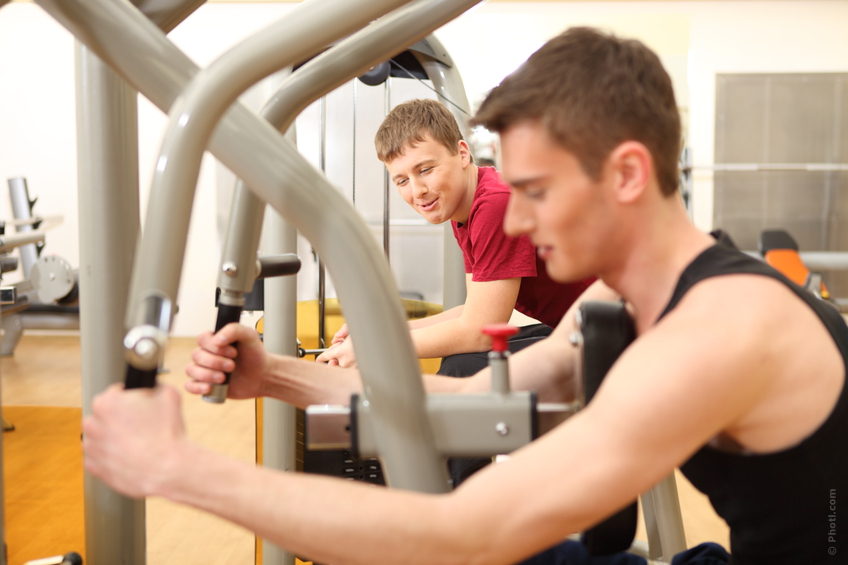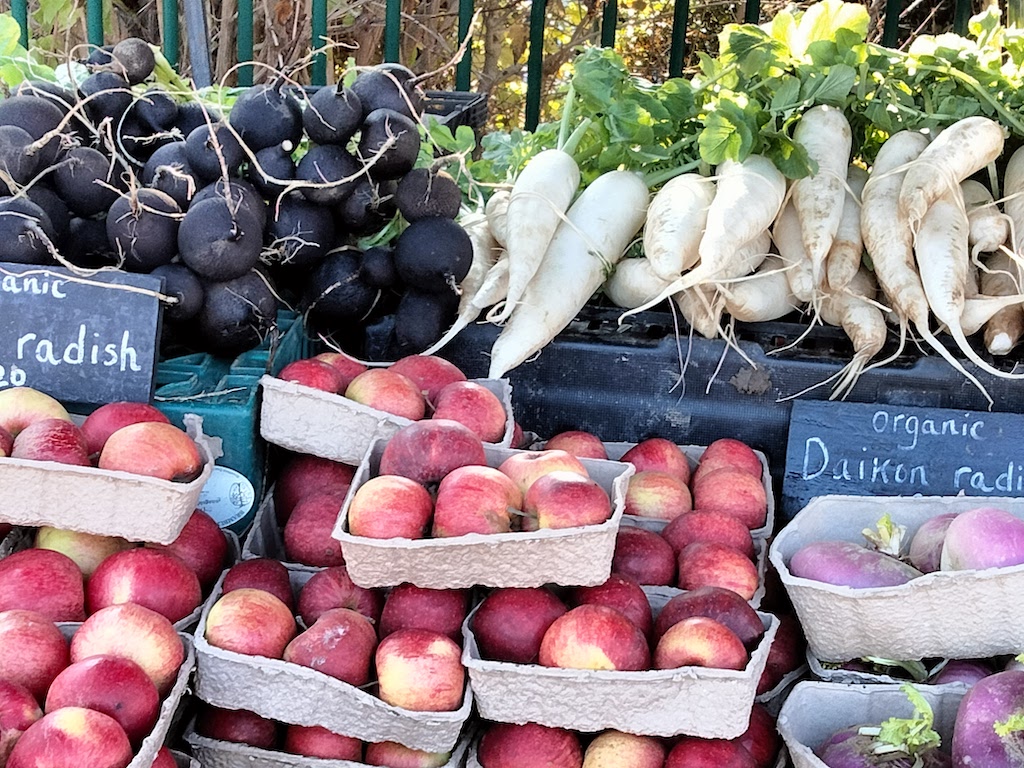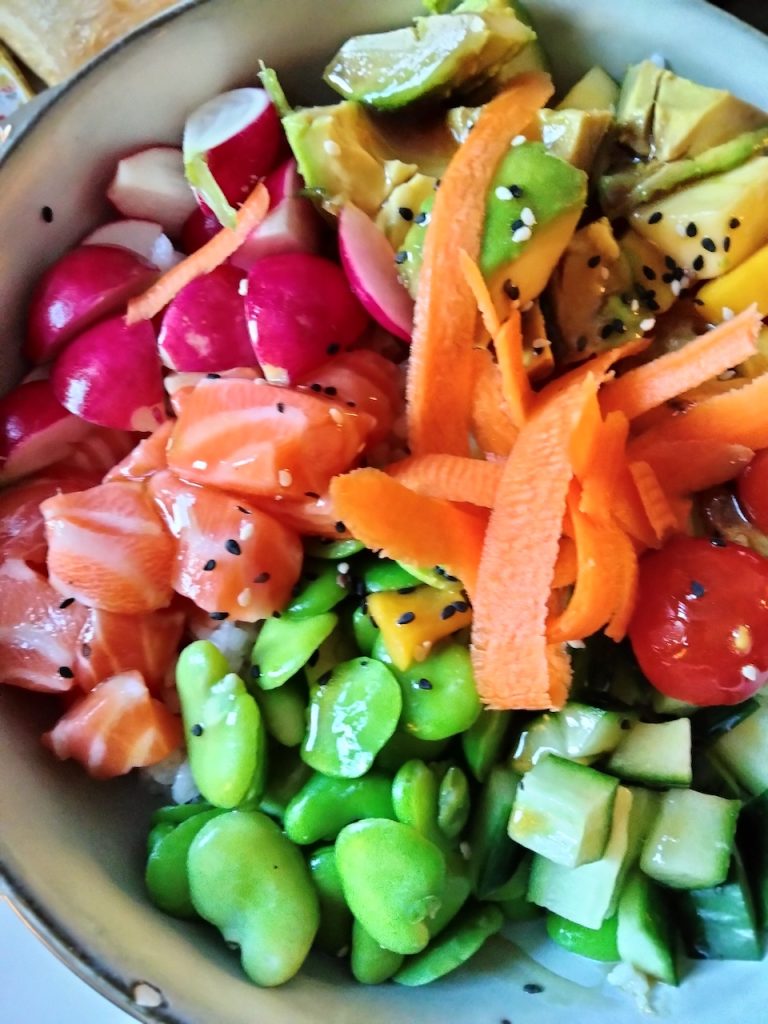Fuel Your Workout
Engaging in regular workouts doesn’t give you license to eat significantly more food! The best way to balance diet and exercise is to plan your menu in advance. You need fuel in the form of food, just like a car needs gas, to have the energy to press through your workout. During an average, moderate-intensity workout, a woman burns approximately 350 to 400 calories.
After Burn – extra fuel needed?
What about after burn? Doesn’t your metabolism stay elevated for the next 12 to 24+ hours? One research study found that women burned more calories for up to 67 hours following an intense 40-minute cardio workout. That sounds impressive, however, that after burn effect added up to only 50 additional calories expended (in total). One Oreo cookie (only one) has about 50 calories. Thus, the after-burn effect is pretty insignificant when you look at it from that perspective.
Pre-workout fuel
About an hour before you head outside for your run or to the gym, have a light-to-moderate-sized snack, about 150 to 250 calories on average. It should be a carbohydrate-rich snack with a bit of protein. Stear clear of high fat fare or too much protein or fiber as these nutrients delay gastric emptying and digestion, which may cause abdominal cramping. Great workout fuel snacks include a slice of whole-wheat bread with 1 TB of peanut butter, a light yogurt mixed with a 1/4 cup of reduced-fat granola or 10-oz of low-fat chocolate milk.
Post-workout fuel
Fuel properly post-workout to replace depleted glycogen stores with a meal that is composed of simple and complex carbohydrates. Healthy simple carbohydrates include fruits and dairy products. Healthy complex carbohydrates include vegetables and whole grains. Your post-workout meal should also contain a moderate amount lean protein (10 to 20 grams) and a bit of healthy fat; plus plenty of water. Again, in addition to providing your body with glucose (quick fuel) to build up the glycogen stores in your liver and muscles, a post-workout meal rich in vitamins, minerals and antioxidants helps to repair muscle tissue, ease post-workout soreness and replenish body fluids.








